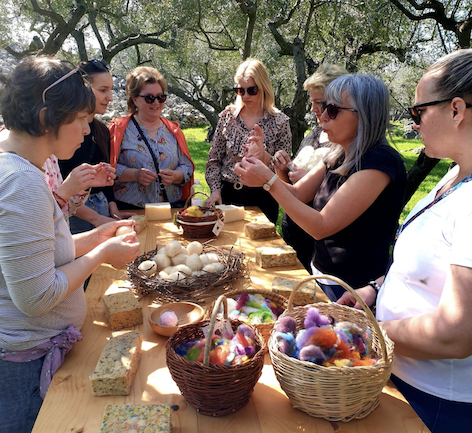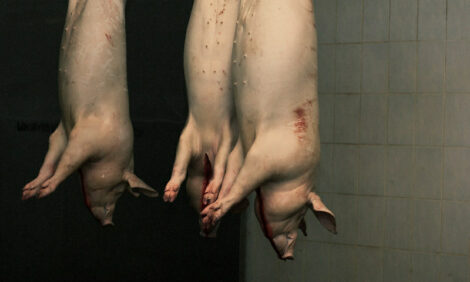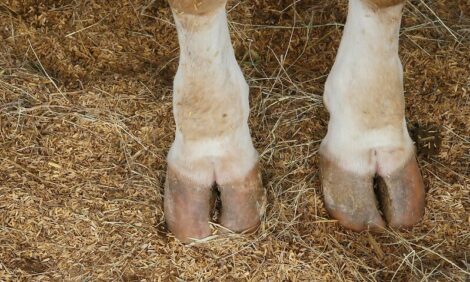



EU project aims to empower rural women innovators
Horizon Europe GRASS CEILING has reached women in nine EU countriesThe Horizon Europe GRASS CEILING project seeks to empower rural women and increase the number of women leading socio-ecological innovations in agriculture, the rural economy and rural communities, according to a press release from the EU CAP Network.
These innovations aim to find solutions to social challenges while considering the environmental impact. To achieve its goal, the project has established multi-actor living labs in nine countries: Croatia, Ireland, Italy, Lithuania, Norway, Scotland, Spain, Sweden and the Netherlands.
In each of these countries, the project partners bring together rural women innovators, lab co-leads and academics, connecting practice with research. These living labs provide an opportunity to network, share experiences and acquire the necessary skills for innovation and for achieving the socio-ecological transition. At the same time, each living lab trains between six and eight women on how to lead innovation living labs. With this expertise, the women in the living lab establish a network for sharing knowledge by capturing and publishing innovations and practical experience.

Vesna Jakić is a Croatian entrepreneur who is participating in the project’s living lab in Croatia. She produces island souvenirs by processing sheep wool that is often abandoned in the fields of the island of Cres. For Vesna, the project is “a great opportunity to network with innovative Croatian women” and she believes that the biggest benefit of the GRASS CEILING project is “the exchange of knowledge, especially of solutions to the many obstacles we face on a daily basis.”
The living labs organise closed coaching sessions with women as well as multi-actor sessions with women and relevant Agricultural Knowledge and Innovation Systems (AKIS) actors. GRASS CEILING will record progress made by these women innovators through in- depth case studies and educate rural entrepreneurs about the type of support they need. The outcomes can be put into practice when working with agri-rural women innovators.
Laura Polo, a Spanish poultry farmer, highlights the importance of GRASS CEILING in providing an important way for the voices of rural women to be heard. She is one of the participants in the Spanish Living Lab and is an initially self-taught entrepreneur who later trained in agriculture and livestock farming to set up her hen farm. Laura says she has met other women in the sector with similar problems, and sharing their experiences helps them to find joint solutions. “We must continue to enhance the visibility of rural women. We are gradually making progress, but there is still much to be done.”
Through these living labs, researchers will also analyse the current position of women regarding megatrends in European agriculture and rural areas. This will help them to understand the drivers and enablers for women-led innovations, the barriers encountered and support needed at Member State and EU level.
During 2024 and in 2025, GRASS CEILING is also developing an online forum where women can work on innovations in response to socio-ecological challenges and strengthen the resilience of rural areas. The aim of the forum is to mobilise stakeholders and create a space for engagement between project participants and the broader community.







